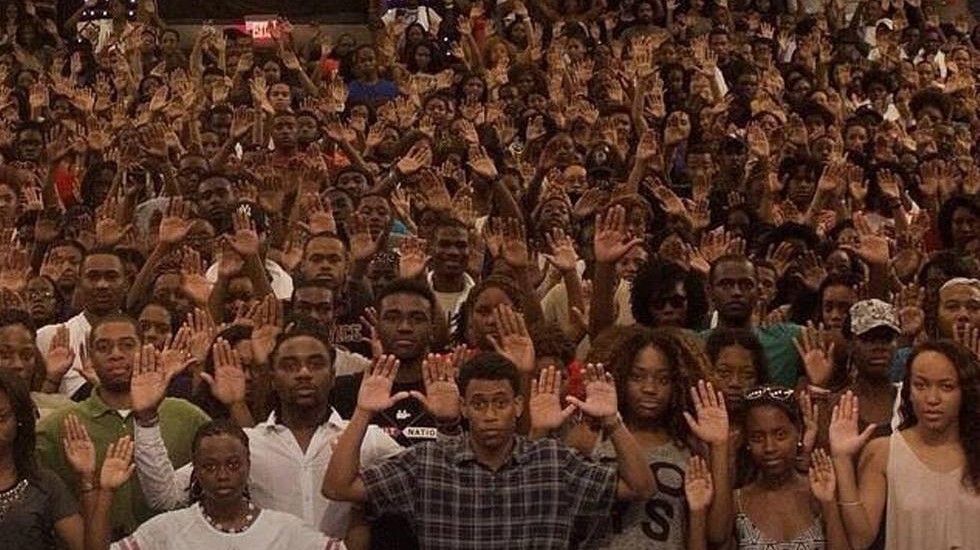Those spiritual efforts have not proven wholly effective. In fact, local clergy and community leaders have lamented their inability to control the protestors, many of whom are under 30 years old and, frankly, able to stay awake and out in the streets far later than their elders. Ferguson is a rage that has grown beyond the control of traditional non-violent protest tactics. Perhaps fueling this rage is the disappointment in the outcomes of the civil rights years, not only the police violence, but the unfulfilled expectation of good jobs, housing, and peace in our communities. Just as our ancestors experienced the fearsome and effective backlash of the white citizens movement at the end of Reconstruction, African-Americans of the last half of the 20th century have experienced an organized reaction, fueled by the defection of southern Democrats to the Republican Party, and the refuge they have taken in the toxic rhetoric of welfare reform, gun rights, drug wars and zero tolerance education policies.
Those of us who made class moves away from historically black communities or embraced the delusional prosperity gospel of the 1990s megachurch frequently choose to blame those literally imprisoned, or living under a kind of occupation, with the constant reminder of their conditions of servitude: no or poorly paying jobs, underfunded schools, and a punitive law enforcement that guarantees no one strays from physical and psychic boundaries.
There has always been a black underclass. During segregation we had to live in close proximity to
 |
| Howard University Students #Don'tShoot |
As I finish this, with no real conclusion to offer, the National Guard is on its way to Ferguson.
Hey Rebecca,
ReplyDeleteThanks for this deeper analysis and perspective, which is sorely missing from the discussions. --Trina